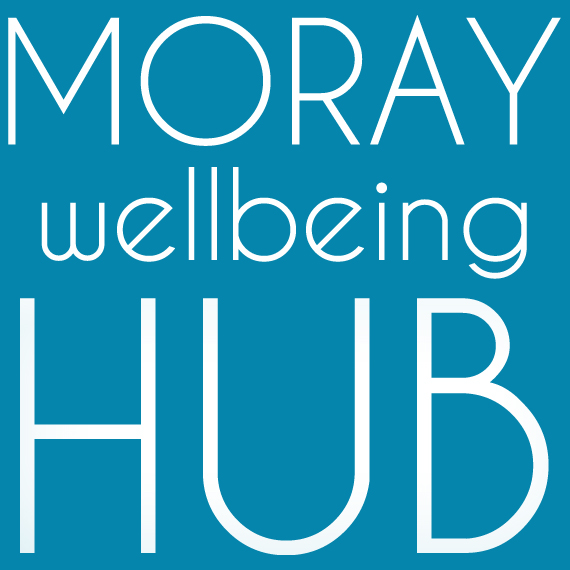This insight from IRISS was written by Gail McMillan of the University of Strathclyde. It explores in some detail exactly what participation is in the context of health and social care, and the implications for those involved in healthcare in its widest sense, including the Hub and all other third sector workers.
Participation is an umbrella term for any activity where the general public are involved in developing health and social care services (McGrow, 2011). In their participation toolkit (2014), the Scottish Health Council define participation as:
“…involving people in: decisions about their own care, shaping and influencing service provisions as communities of interest or geography and, working in partnership with service providers.”
This definition of participation recognises the valuable contribution people can make in shaping services beyond simply consuming them. It also highlights the different systematic levels at which participation can occur: at the individual level, the service level, and the strategic level where the public are involved in changing a health system or policy (Morton and Paice, 2016).
The use of the term ‘participation’ throughout this report refers to instances where people who use services (PWUS), carers and relatives of those who use services and the general public, have been involved in developing health and social care at service and strategic levels. The impact of participation at the individual level, such as shared decision-making, will not be discussed here.
To access the complete insight, click here.






